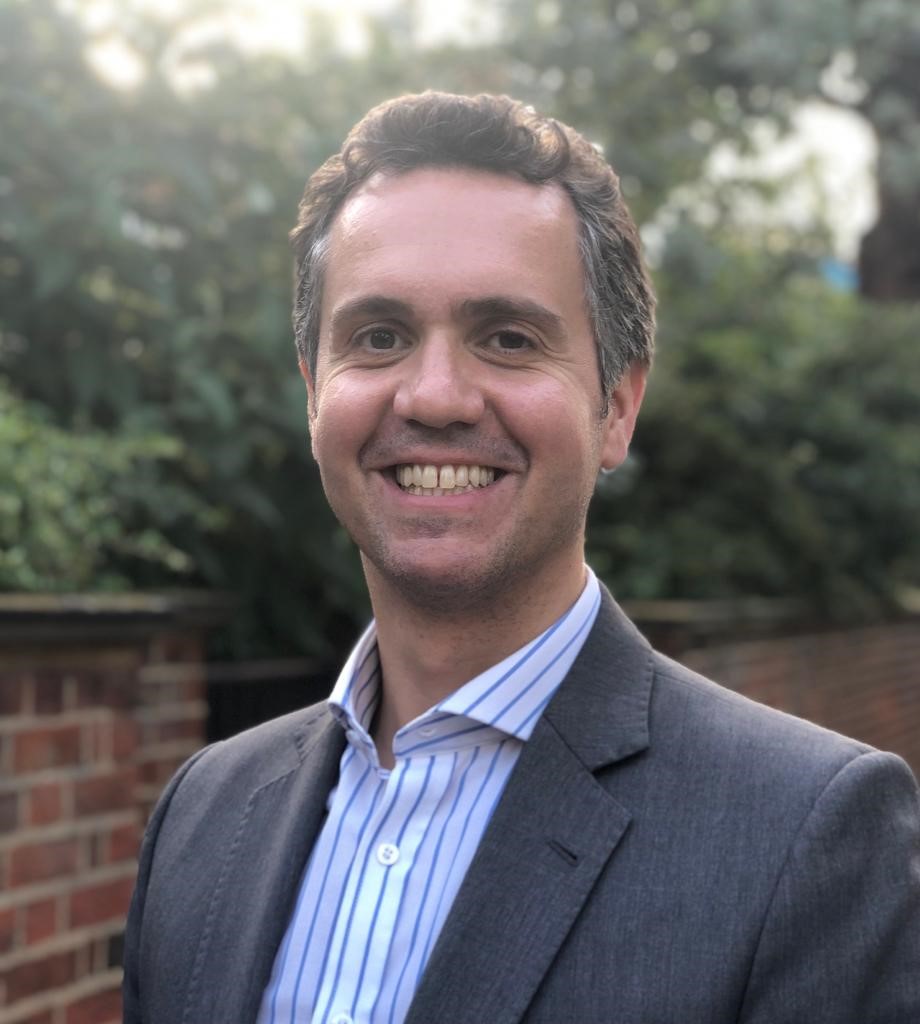
Inherited cardiovascular disease is normally caused by a gene mutation passed down through families. The results of a faulty gene can present at any age and affect individuals of any level of fitness. If undetected or untreated these disorders can lead to significant cardiac problems.
The Cardiomyopathy Clinic at One Heart combines comprehensive cardiac assessment including genetic screening and advanced treatment for all forms of inherited and acquired cardiovascular diseases including cardiomyopathies such as hypertrophic, dilated, restrictive, arrhythmogenic and non-compaction cardiomyopathy and myocarditis.
We provide specialist input for many rare diseases such as mitochondrial and storage diseases and offer genetic testing for dyslipidaemias (abnormal lipids including high cholesterol), for early atherosclerosis and cardiovascular disease genetic risk scores.
Initial diagnostics includes an Electrocardiogram (ECG), Echocardiogram (ECHO), 24-hour tape and exercise test. Further diagnostics include Stress echo, Cardiac MRI and Genetic Test.
Using sophisticated genetic testing, where appropriate we can try and identify the faulty gene causing an inherited cardiac condition. We will then establish a full diagnosis and devise a personalised treatment plan through in-depth study of the faulty gene combined with appropriate diagnostic tests.

Once revealed in one family member a cardiac genetic mutation has the potential to affect other family members, whatever their age, whether as carrier or manifesting a condition.
We can advise on the best time to screen other family members and whether it should be using genetic testing or other forms of diagnostics. Identifying the condition can help us initiate treatment at the optimal time and help prevent significant episodes.
Relatives often experience similar symptoms or have comparable diagnoses however it’s still important they undergo screening to receive the most appropriate advice for themselves and potential children affected.
Not all patients with an inherited cardiac condition will require specific treatment. For those that do, some may be prescribed medications to help with minor symptoms whereas others may need to be considered for implantable devices such as Implantable Cardioverter Defibrillators (ICDs).
Some patients might require further specialist investigations such as endomyocardial biopsy or specific treatment such as alcohol septal ablation for hypertrophic cardiomyopathy, catheter ablation, pacemakers and defibrillators.
Myocarditis is inflammation of the heart muscle. Most people suffering with myocarditis recover without complications, but in rare cases when inflammation is severe, there can be damage to the heart.
Myocarditis can affect anyone, at any age, and can happen in people with no history of illness. Many people who have myocarditis usually develop symptoms one to two weeks after the initial viral illness.
Symptoms of myocarditis include:
Myocarditis is commonly caused by:
Initial diagnostics
Further diagnostics include
Treatment depends on what symptoms the person has, and the cause of the myocarditis. This often involves close monitoring, treatment for heart failure and medication, including anti-inflammatory.
Special Interests: General Cardiology, Inherited Heart Muscle Disease/Cardiomyopathy, Acquired Heart Muscle Disease, Myocarditis, Interventional Cardiology, Percutaneous coronary intervention, Inflammatory heart muscle disease
Dr Oliver Guttmann studied at Cambridge University and University College London, graduating with a first-class BA (Hons) in Neuroscience and merit in Medicine. He became a member of the Royal College of Physicians before completing his training in cardiology at the Heart Hospital, London Chest Hospital and the Barts Heart Centre. He obtained his MD (Res) for research in atrial fibrillation and stroke in hypertrophic cardiomyopathy at University College London.
Dr Guttmann now works as a Consultant Cardiologist at Barts Heart Centre and an Honorary Associate Professor at University College London. Dr Guttmann runs the myocarditis/inflammatory heart muscle clinic at St Bartholomew’s hospital and treats all patients with suspected or confirmed cardiomyopathies. He has particular expertise in myocarditis and hypertrophic cardiomyopathy.
He also consults in general adult cardiology (high blood pressure, palpitations and high cholesterol) and has a special interest in chest pain and coronary interventions.
Dr Guttmann also takes an interest in research and has published articles on inherited and inflammatory heart disease, risk stratification in cardiomyopathy and outcomes of percutaneous coronary intervention.

He is the Clinical Lead of the Coronary Care Unit at Barts Heart Centre. He also edits for Cochrane Heart and is a member of the working group on pericardial and myocardial disease of the European Society of Cardiology and the Finance Committee of the British Cardiovascular Society.
Book into my clinicWe believe the best cardiac care can only be achieved by the best cardiologists in their fields, working together, for you and your heart. Our consultants are able to offer appointments throughout the week and at weekends.